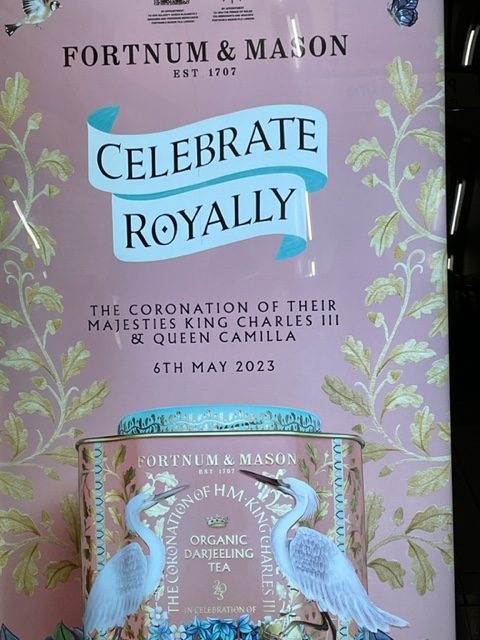Don’t mention the coronation
India and decolonisation on steroids

“Let’s drop the Charles reference,” advised the opinion editor of one of India’s largest papers as we discussed my next piece, a close look at the European debate over the economic paradigm of degrowth. We were speaking ahead of the May 6 coronation and I had suggested that little could be expected of King Charles III except possibly the status of Britain and the world’s first degrowth monarch. After all, Britain’s future king had long argued that “Nature, the biggest bank of all, could go bust”. Back in 2009, he was warning that the Earth can no longer support the demands of a growing “consumerist society” where growth is an end in itself. Much before degrowth became such a crucial and controversial subject in the Netherlands with farmers perturbed by the government’s nitrogen emissions rollback policies to reduce livestock, hadn’t Charles said that people must realize they are not “the masters of creation” but just one part of a fragile natural world?
“No, no,” responded the editor. “Drop the Charles reference. There’s very little interest in him here.”
Indeed, India’s big yawn at Charles’ big moment seems very pointed. Coverage of the coronation as well as Britain’s royal family appears limited now to three agenda items. First, angry activism over the Kohinoor diamond and a sour satisfaction that at least Camilla’s crown will not feature the 105.6-carat bauble seized by the East India Company in 1849 and presented to Queen Victoria.
Second, tepid attention to the multifaith character of the coronation ceremony. As one Indian media outlet reported “Indian-origin peers to represent Hindu, Sikh communities on King Charles III coronation”.
And finally, a barely perceptible nod to Britain as a cultural melting pot. There is some reportage on how the UK’s oldest Indian restaurant Veeraswamy is using the coronation to highlight the long “culinary interaction between Britain and India”. And there are lingering references to Coronation Chicken, as a dish that recalled Britain’s Indian adventure.
This is decolonisation on steroids. Just weeks before Queen Elizabeth II’s death, India’s prime minister Narendra Modi was announcing a 25-year plan for the country, the length of time, he said, it would take for India to become a developed nation. The plan, he said, include a determined effort to “erase all traces of servitude”. By servitude, he meant the colonial mindset. His government has long been calling for Indians to “decolonise the mind”, a concept that borrows from Kenyan writer Ngũgĩ wa Thiong’o’s eponymous book and the notion that the English language itself is a tool of imperialism.
Also read:

